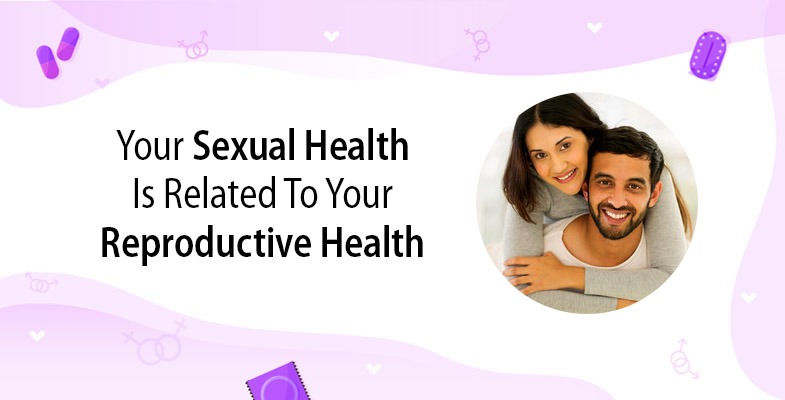
The World Health Organization (WHO), which has been working in the domain of sexual health since 1974, defines sexual health as “a state of physical, emotional, mental and social well-being in relation to sexuality; it is not merely the absence of disease, dysfunction or infirmity. Sexual health requires a positive and respectful approach to sexuality and sexual relationships, as well as the possibility of having pleasurable and safe sexual experiences, free of coercion, discrimination and violence.”
WHO’s lucid definition is extremely significant as research over the decades has revealed that sexual health is intertwined with both physical health and mental well-being. So, while stress, anxiety or depression can lead to sexual health issues, it’s equally true the other way round. The benefits of investing in sexual and reproductive health are measurable and impactful and hence can’t be overemphasized.
What are the key elements defining sexual health?
Looking at the big picture, these are the core clauses that define and constitute sexual health:
# It’s about overall well-being, not merely the absence of a medical condition
# It stands on the 3 pillars of respect, safety and zero tolerance to discrimination and violence
# It’s defined by the guarantee of certain human rights
# It’s significant, not only during one’s reproductive years, but the entire lifespan
# There can be different forms of sexual expression and diverse sexuality
# Gender disparity and power dynamics play a critical role in a person’s sexual health, more so in the developing world
This inevitably brings us to the issue of sexual rights. The civilized world now accepts that without ensuring certain human rights, sexual health for all is not achievable.
So, what are the rights critical to ensuring sexual health?
# Right to not be discriminated against on any grounds
# Right against cruelty or being subjected to torture or other inhuman acts
# Right to privacy
# Right to be protected by the social security net and to be sexually and otherwise healthy
# Right to tie the knot in the spirit of equality and to have a family with free and full consent of the spouses, as well as separation with mutual consent
# Freedom to determine the number and spacing of children
# Right to education and information
# Right to express oneself freely and without fear
# Right to justice if any fundamental right is violated
How critical is information and education?
Information and education are pivotal to robust sexual and reproductive health. It’s critical to be educated on the risks and perils of sexually transmitted infections (STIs). Also, whenever a couple decides on having a family, the healthcare system must ensure access to critical services that can ensure a hassle-free pregnancy, safe delivery procedure and good health for the newborn.
In a developing country like India, reproductive health issues are a major cause of serious complications and mortality of women during childbearing age. The misery is often exacerbated by unintended pregnancies, botched-up abortions, sexually transmitted infections and domestic violence.
It is important to understand that sexual health is directly linked to one’s reproductive health.
Women, in particular, are likely to suffer from different sexual health issues during different phases of their life-cycle – from attaining puberty to the onset of menstruation, first sexual intercourse to pregnancy, and, sometimes due to chronic conditions like endometriosis, PCOSand STIs. These are all likely to impact their reproductive health. Awareness regarding menstrual hygiene, contraception, health conditions, screening (cervical/STIs) and vaccination (HPV) options available is of vital importance in this scenario.
Why is menstrual hygiene important?
Lack of menstrual hygiene can lead to infections in the reproductive (RTIs) and urinary tract (UTIs). Recurrent RTIs can adversely impact one’s reproductive health, including difficulty in conceiving and complications during pregnancy (pre-term delivery, increased risk of miscarriage. Frequent UTIs can increase risk of kidney failure in the long run.
The role of contraception in reproductive health is important.
When it comes to reproductive health, a girl’s age becomes a major factor. Pregnancy before attaining adulthood can be detrimental to the health of not just the young mother, but also the child. Awareness about the importance of contraception and various contraceptive methods available plays a large role in not only preventing underage pregnancies, but also in healthy pregnancy at the right age and right time.
Over the past few decades, the world has taken giant strides in areas relating to sexual and reproductive health rights like maternal and newborn health, safe contraception and HIV/AIDS. However, rather lamentably, in much of the developing world, people still have inadequate access to sexual and reproductive health services, often, none at all.


